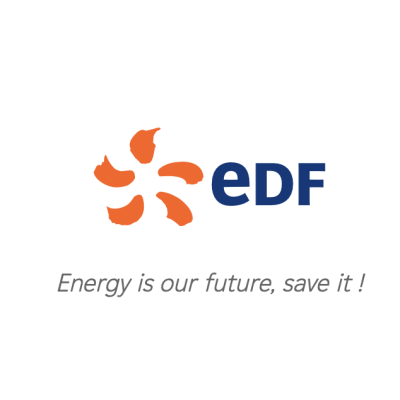
PARIS
France
Entreprise publique
Nombre d'employés : + 1000
Our raison d'être
is to build a net zero energy future with electricity and innovative solutions and services, to help save the planet and drive wellbeing and economic development.
Wherever our Group operates, we want to invent a new energy model to address the climate crisis: lower-carbon, more efficient, less of an impact on the environment and on people.
Why contribute to building a net zero energy future?
Essential to our lives, energy gives us light, heat and food whilst also enabling us to travel, produce, communicate, learn and innovate. Among all energies, electricity is an essential commodity that should be available to everyone wherever they live. It is also the key driver of progress in an increasingly digital world. Wherever our Group operates, we want to invent a new energy model to address the climate crisis: lower-carbon, more efficient, less of an impact on the environment and on people. Loyally upholding the values of public service, EDF is committed to a fair, innovative and sustainable energy future.
How to contribute to building a net zero energy future?
By giving all our customers – be they residential users, businesses or local communities – the opportunity to act by providing them with services and solutions that enable them to use energy more efficiently and in smaller quantities, tailored to their needs and aspirations. By providing the most cost-effective and even less carbonised electricity, through the use of nuclear and renewable energy sources. By drawing on our industrial expertise and by constantly seeking to improve our performance. By forging partnerships with all institutions, economic players and innovative ecosystems, both in France and the rest of the world. By encouraging the talent and commitment of the women and men who are EDF group’s driving force.
EDF Group takes actions to reach carbon neutrality by 2050
EDF commits to achieving carbon neutrality before 2050, by pursuing or implementing three types of action: reach net zero, or almost zero, direct CO2 emissions, reduce our indirect CO2 emissions and offset residual emissions with negative emission projects.
